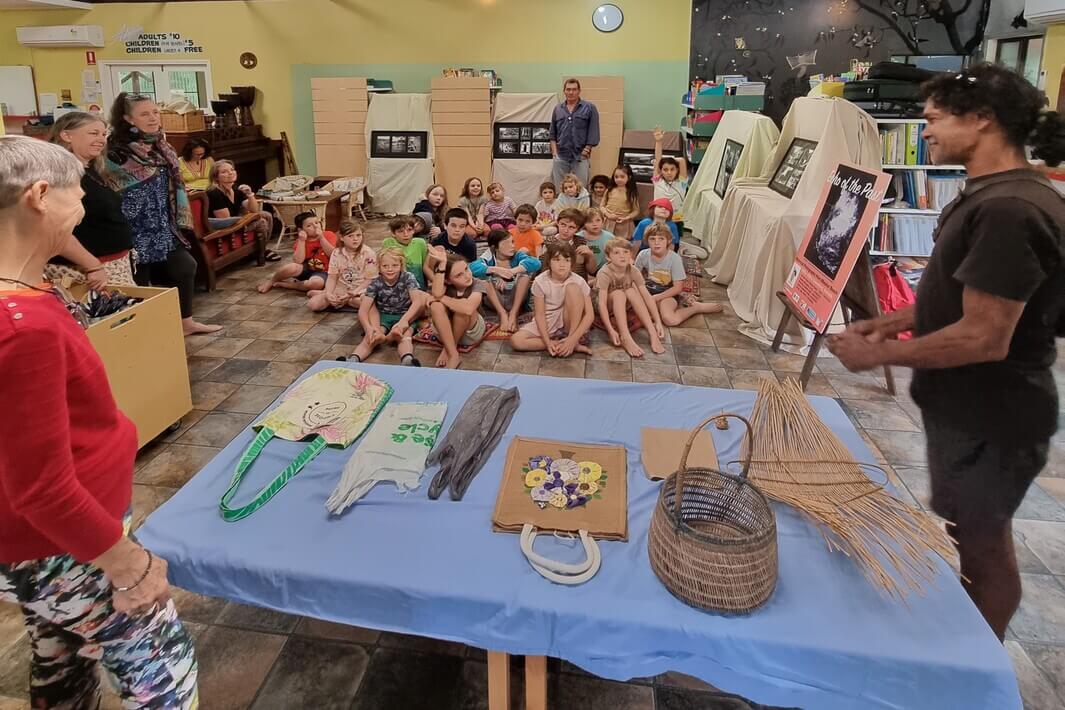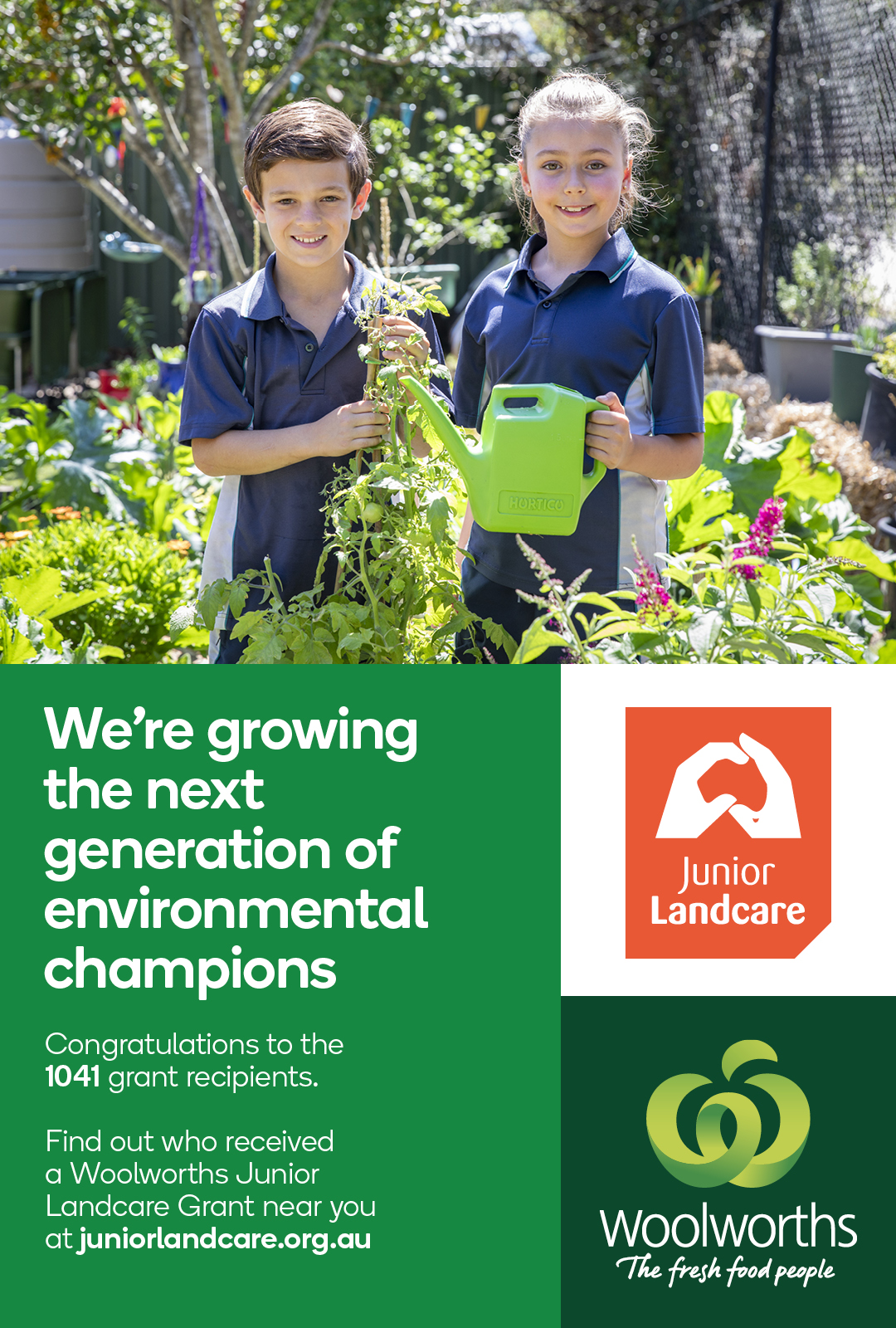CASE STUDY

Age Groups: 7-13
Grant Name: 2023 Woolworths Junior Landcare Grants
School: The Rainforest School
Grant Sponsor: Woolworths
Project Overview
The students at The Rainforest School in Queensland have received a Woolworths Junior Landcare grant for waste management. Collaborating with the local community, they have engaged in recycling household waste, conducting surveys, participating in waterway and beach clean-ups, and caring for the coast.
These dedicated students have inducted a real-life inquiry into the waste problem and its impact. Through their efforts, they aim to not only understand the impact of waste but also contribute to solving the problem.
Educational Outcomes
The students are actively addressing waste management and environmental conservation in their community. They've connected with the local council to explore effective waste disposal methods, considering all recycling options in the region. Additionally, they've completed the Junior Landcare learning centre resources for initiatives such as "Caring for Our Coasts: Beach Clean-up," "Waterways: Clean-up," and "Caring for Our Coasts: Beach Survey."
To further promote responsible waste practices, students are establishing a drop-off station at the school for the collection of Lids4Kids, cash for cans, and Terracycle items, focusing on lids, dental care products, and cans. Research by the students has been undertaken to ensure safe collection methods, with plans to promote the initiative within the local community.
Their comprehensive approach includes background research on the origins of rubbish, data collection through beach and waterway clean-ups, and thorough weighing, sorting, tallying, and recording of collected waste. Environmental considerations extend to studying the local ecosystem to identify plants and animals that will benefit from the cleanup.
After consultation with their local Djiru elder, who shared his connection with the ocean and how everyday items contribute to waste, a significant beach was chosen: 'the fish trap' at Mission Beach. All students were very engaged in all stages of the project. They collected lots of beach litter. A representative from environmental group Tangaroa Blue visited the school to help students conduct an audit of the collected waste.
Conclusion
Because of the hands-on nature of this project, the students gained increased awareness of sustainability.
The project increased interaction with their local community and community groups. The families of the students were invited to participate in the clean-up to re-iterate that looking after the environment is a shared responsibility. A parent expressed, "My daughter is so happy that soon we will be able to recycle cans, bottles and other everyday items at school. She has been so invested in the project and I believe it will have a lifelong impact.”
 Teachers & Educators
Teachers & Educators Youth or Community Groups
Youth or Community Groups